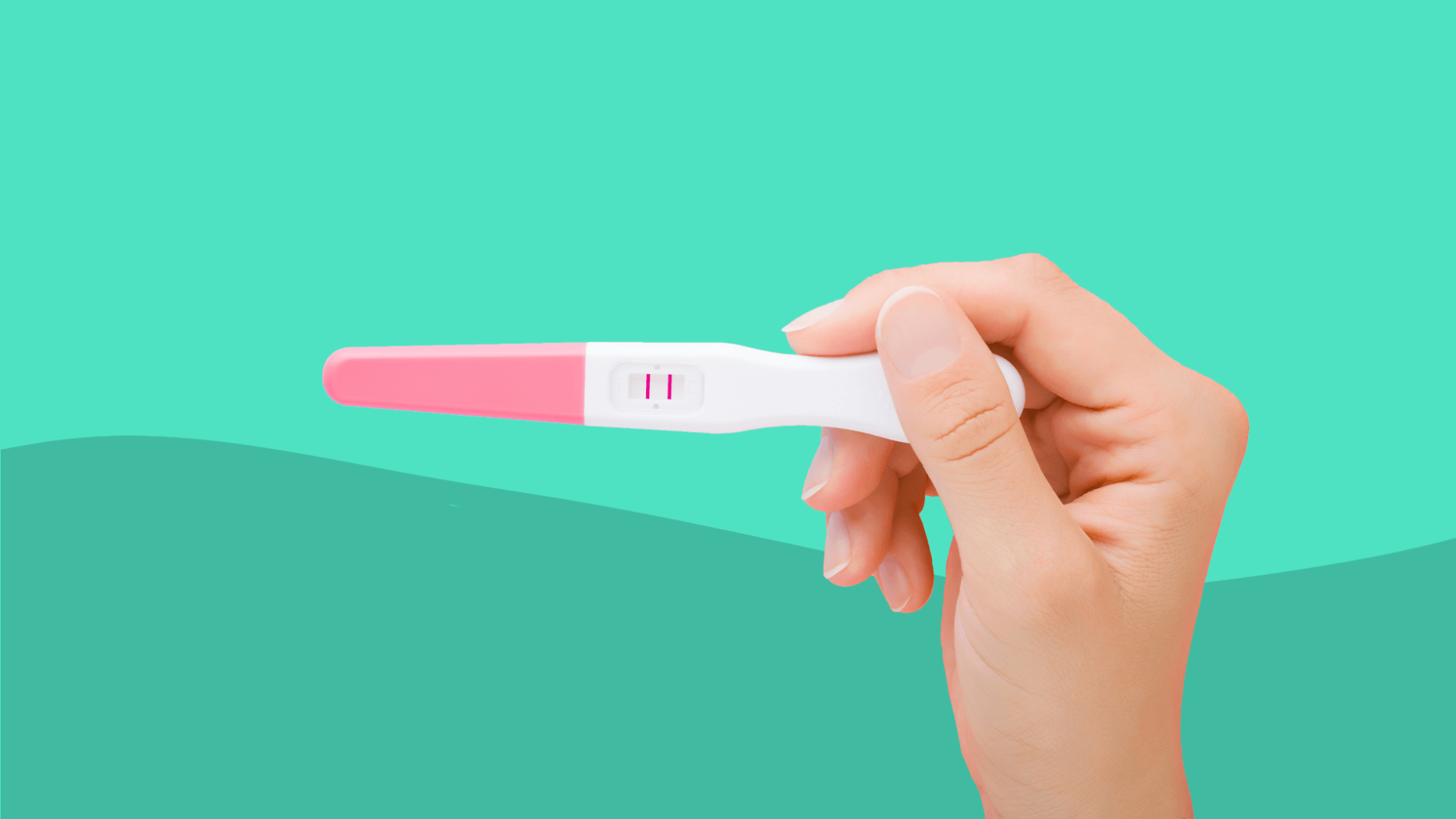When my husband and I decided to start trying to have a baby, I never thought it would be complicated. I had been on birth control for seven years, and I figured that I would stop taking it and then be able to get pregnant quickly. That was not the case. Seeing a negative pregnancy test time after time was hard. I soon went to my OB-GYN and was diagnosed with polycystic ovary syndrome (PCOS).
What is PCOS?
PCOS is a common reproductive problem caused by hormonal imbalance in which a women has an excess of estrogen which then becomes chemically converted to testosterone (an androgen). The excess estrogen may be from ovarian cysts or from adipose (fatty) tissue. The excess estrogen may prevent or impair fertility or the ability to get pregnant. Common signs of PCOS include irregular periods, acne, and excess body hair.
Diagnosing PCOS
Diagnosing PCOS is a bit tricky. There’s not a single clinical test that can confirm if you have it. Evaluation includes a comprehensive personal and family medical history and physical examination, including a pelvic exam, blood tests, or sometimes an ultrasound. For me, the main signs were ovaries that appeared polycystic on my ultrasound, abnormal menstrual cycles, and higher-than-normal testosterone levels. In other words, my missed periods indicated PCOS, not pregnancy. People with PCOS usually have some combination of these symptoms, often along with excess body hair and weight gain.
What causes PCOS?
What can be frustrating is that there is not an identified cause of the syndrome. “It appears that PCOS is a polygenetic, multifactorial disorder…but the exact genetic profile has not yet been identified,” says Elizabeth Pritts, MD, of the Wisconsin Fertility Institute. “Both insulin-resistance and inflammation appear to play a larger role in the disease than earlier understood. Women with PCOS have an increased risk of diabetes, hypertension, heart disease, and hepatic disease because of this.” Being overweight is associated with PCOS. When you’re diagnosed with PCOS, your healthcare provider will often screen for these conditions since they so commonly occur together.
Treating PCOS
It is essential to note that PCOS is a syndrome and not a disease, explains Jennifer Radcliffe, MD, Ph.D., of Advanced Fertility Associates Medical Group Inc. Meaning, there is no cure for PCOS. While it is manageable, it never really goes away like a disease.
I felt like my body had betrayed me, but my healthcare provider assured me that there were options. While there is no cure, those living with polycystic ovary syndrome can lead healthy lives by managing the symptoms.
Diet and exercise
“Most women with PCOS have insulin-resistance to some degree,” according to Dr. Pritts. Diets that stabilize your insulin levels—with lots of whole foods and minimal sugar—will help symptoms the most.
This concept is a constant battle for me because I’m a bit of a sugar-addict, even though I know I feel best when my blood sugar is even-keel. According to Dr. Radcliffe, walking or other exercises can help lower insulin levels and blood pressure as well.
Medication
My doctor also prescribed me metformin and advised me to lose weight. Metformin is primarily used to treat diabetes but can be used to help regulate metabolic issues and assist with weight loss for people with PCOS.
“Most PCOS patients have a ‘metabolic’ imbalance and don’t use food/calories the same way as others,” Dr. Radcliffe explains. “They benefit most from a low carbohydrate diet or any strict diet intervention and weight loss. The diabetes drug, metformin, can help with this but has side effects if the proper diet isn’t maintained.”
I experienced this first hand when taking the medication. My stomach would become upset if I ate something unhealthy. It encouraged me to eat nutritious foods that didn’t lead to a stomachache. Losing weight gave me the confidence to take additional steps that could help me conceive.
Living with PCOS
Whether or not you are trying to conceive, managing PCOS is an ongoing battle. It still affects my daily life. My cycles are irregular, and I have a hard time losing weight. The good news is that with support and knowledge from medical professionals, you can find the treatment plan that works best for you and your body.
Now that I better understand my symptoms (and what helps keep them in check), I’m excited about the future—to follow the diet and exercise regimen that help my PCOS. The treatment helped me have my baby, and I am forever grateful for the fertility specialists that helped me through the process.











